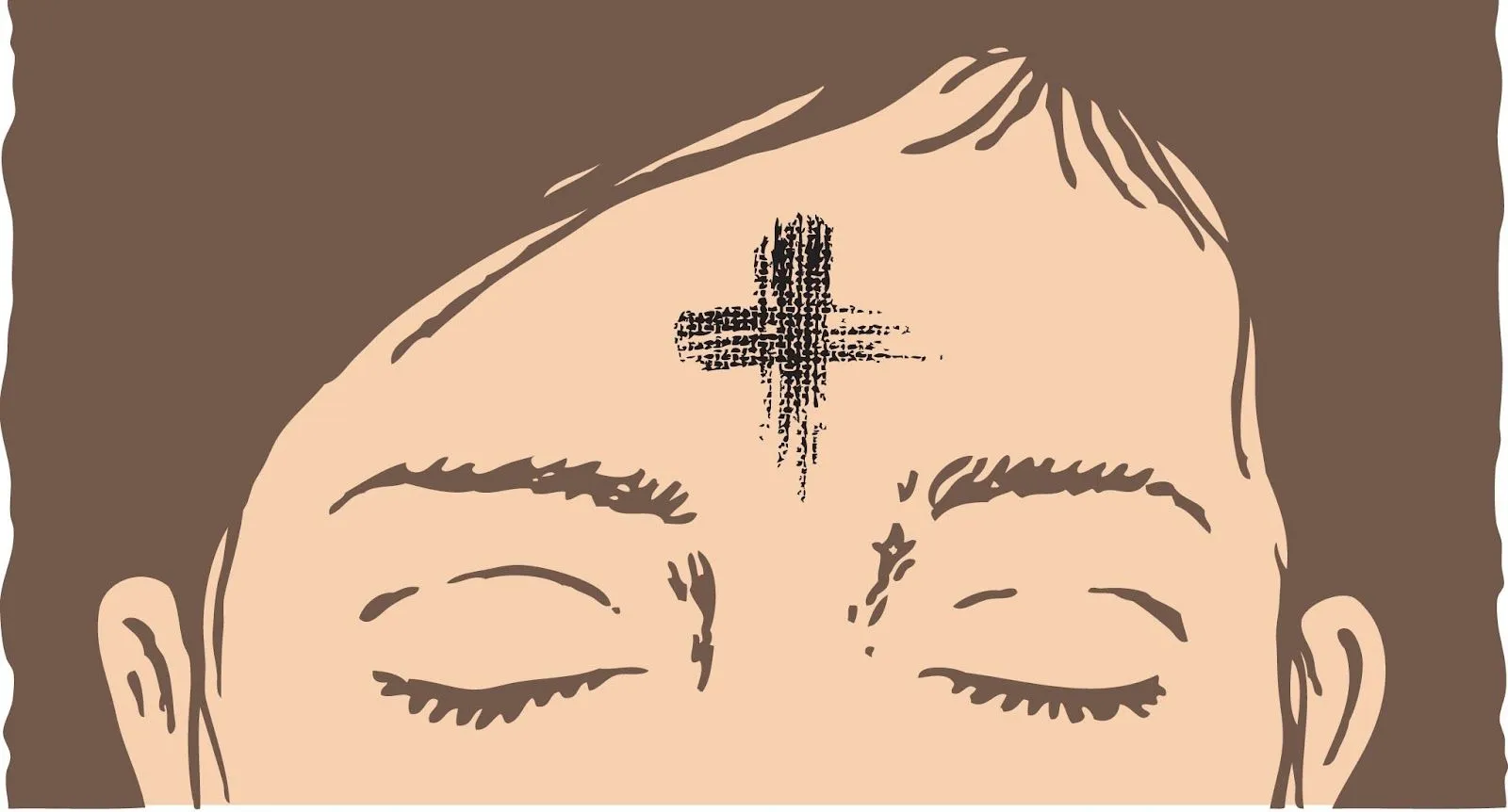This blog which usually gets between 40 and 60 hits a day has had over 2000 hits since Saturday and has unsurprisingly created a lot of interest. The Diocesan Communications Officer received a text from Christopher Lamb, the Editor of the Tablet asking if what I had written was true. She asked me to respond to Mr. Lamb and I am reproducing what I wrote to him below. I have also been in contact with the bishop on several occasions since and when he rang me on Saturday he asked me to speak to the congregation after the Mass yesterday at St. Patrick's, as he was unable to attend himself due to being at the Rite of Election at the Cathedral later that afternoon. I am very grateful to him for his obvious concern and his desire to help us make the best of a bad job.
The Communications Officer took this photograph of some of the congregation with Fr. Winn following my announcement after Mass. Many people there expressed dismay at the new regulations from Rome but also their gratitude at things being able to continue as usual at St. Patrick's.
My statement about cancellation of Masses in parish churches across the diocese is sadly true.
Providentially
the bishop had already moved the celebration of the Extraordinary Form Mass
from the parish church of St. Joseph’s, Bradford to a church in the care of a
Rector who was freely appointed by him which was the redundant parish church of
St. Patrick’s, also in Bradford. The bishop did not and does not therefore need
to seek a dispensation from the Dicastery for Divine Worship and the Discipline
of the Sacraments for permission for the 1962 Missal at this church.
The norms of the Motu Proprio Traditionis Custodes state that parish churches ‘ecclesiis paroecialibus’ (Art.3 §2) may not be designated by the diocesan bishop for celebrations of Mass according to the 1962 Roman Missal for the benefit of groups of the faithful.
The bishop did, however, give temporary dispensations to some priests to continue to celebrate the old Mass in their churches within their parishes as they had done under the permission given in Pope Benedict's Summorum Pontificum.
The recent rescript from Cardinal Roche confirmed that such dispensations are now “reserved in a special way to the Apostolic See”. Consequently, in light of this latest directive those temporary permissions had to be revoked. Some, I am sure, will argue that the bishop did this with undue haste, but I know that he took this action with a view to ensuring that all current and future provision for the celebrations of Mass according to the 1962 Roman Missal in his diocese would be undertaken in accordance with the wishes of Pope Francis and the canonical faculties available to him as a diocesan bishop, and that this is the surest way of securing such future provision.
I
have spoken at length with the bishop about these changes and he assures me
that he intends to do all within his power as bishop to continue to provide for
the legitimate spiritual needs in this diocese of those groups of the faithful
who remain attached to the celebration of Mass according to the 1962 Roman
Missal.
Other than at St Patrick’s in Bradford, this may mean looking at alternative venues to the parish churches previously used in the diocese. However, he has also pointed out that it is not easy to designate existing churches as non-parochial since most of them form part of the patrimony of an existing parish and have their own juridic personality in Canon Law; nevertheless, I understand that he will be exploring all possibilities.
Ends



